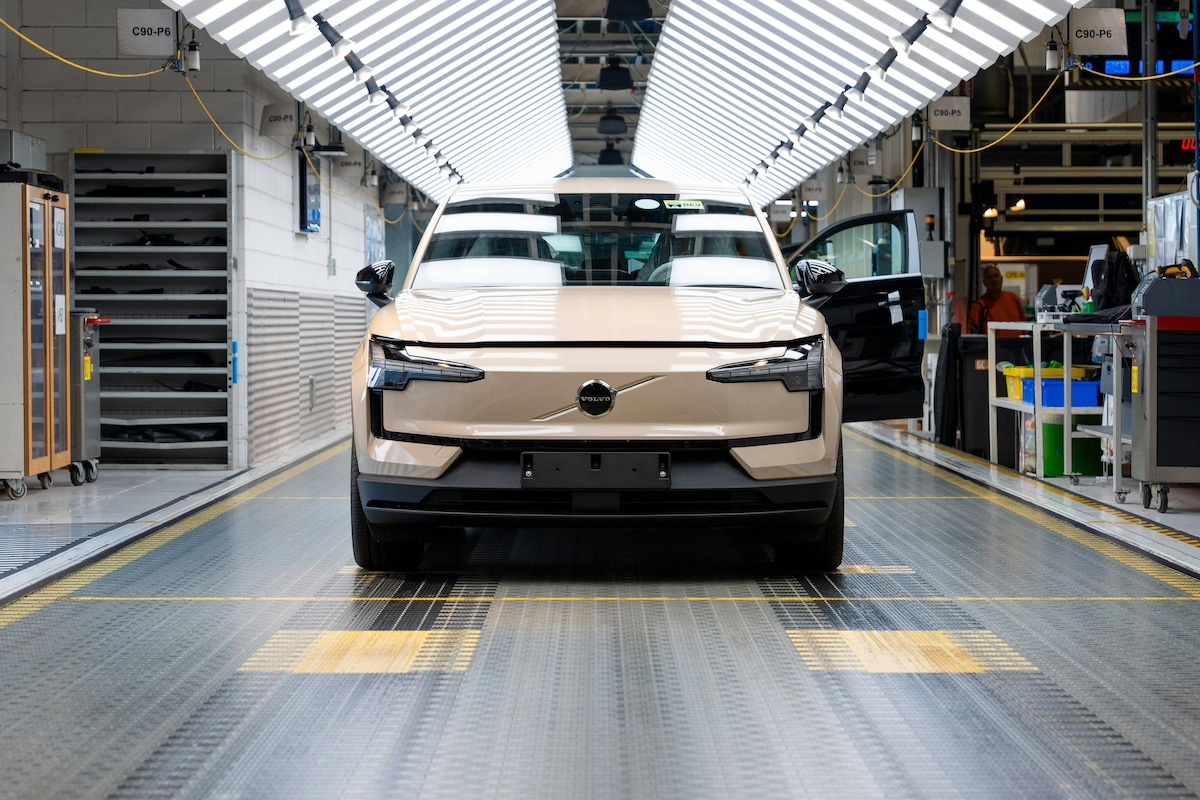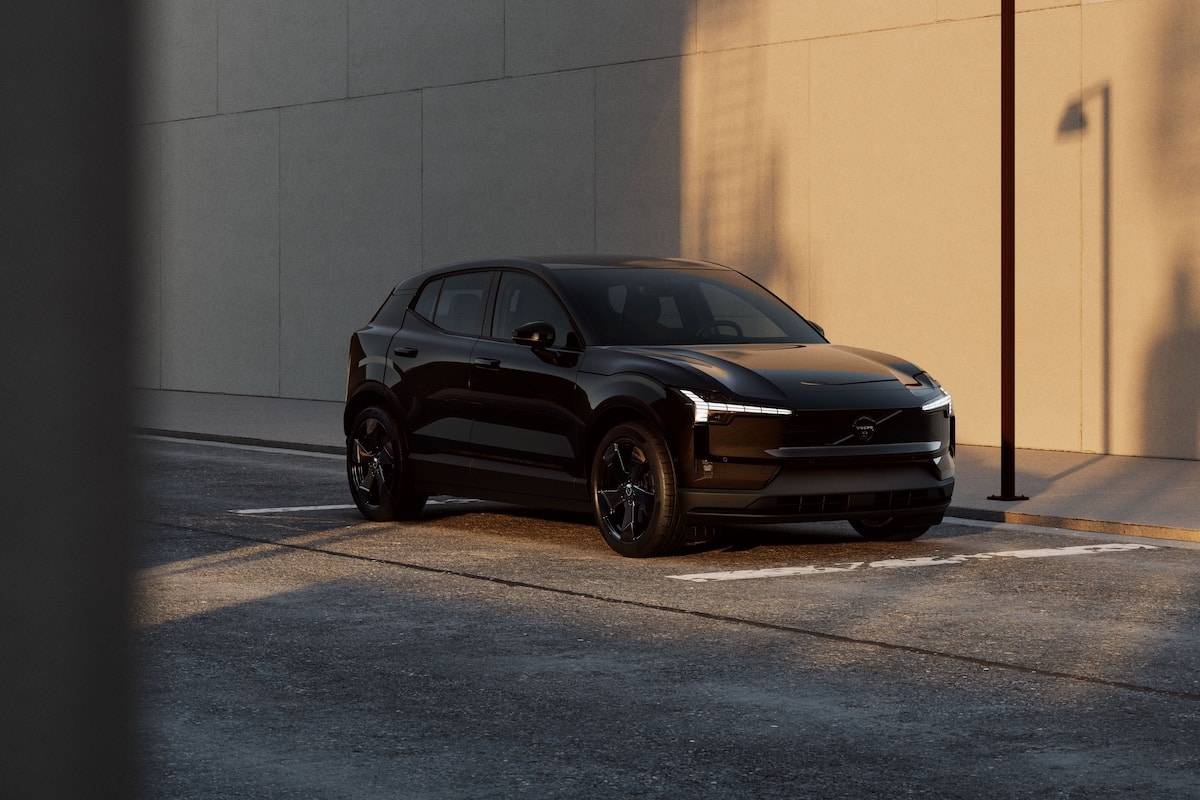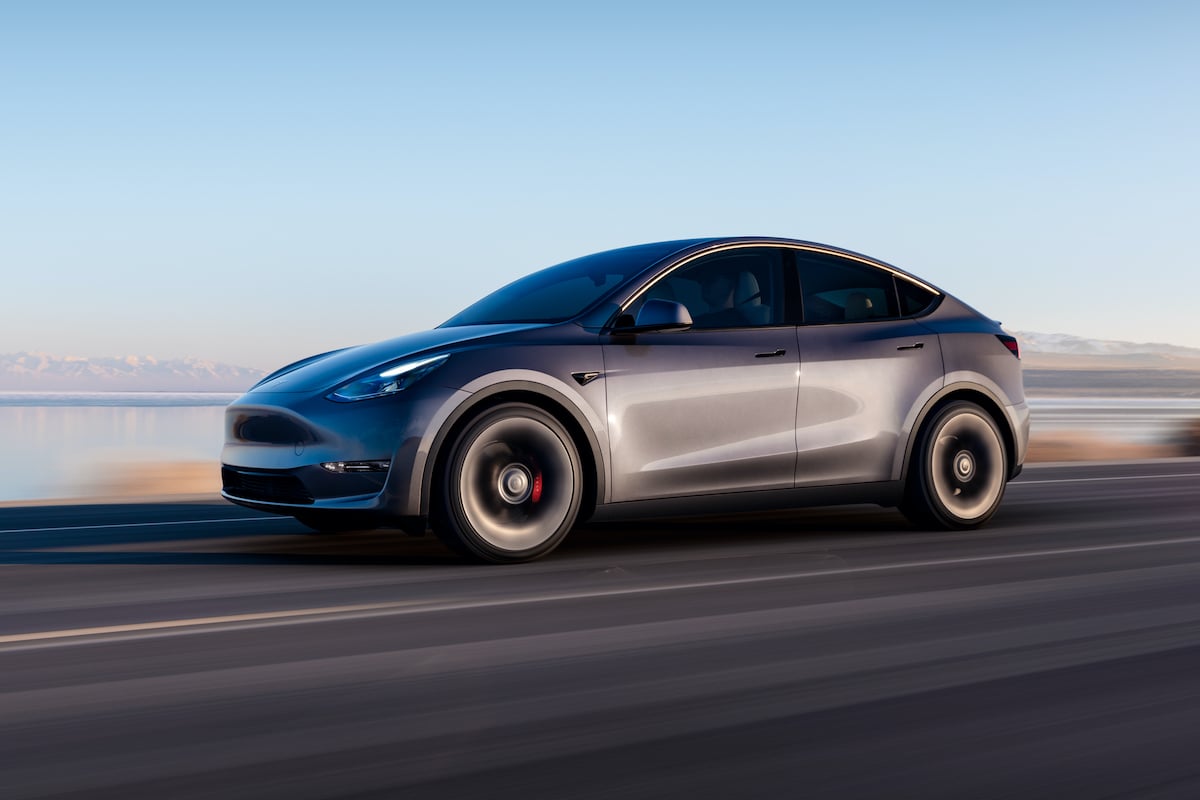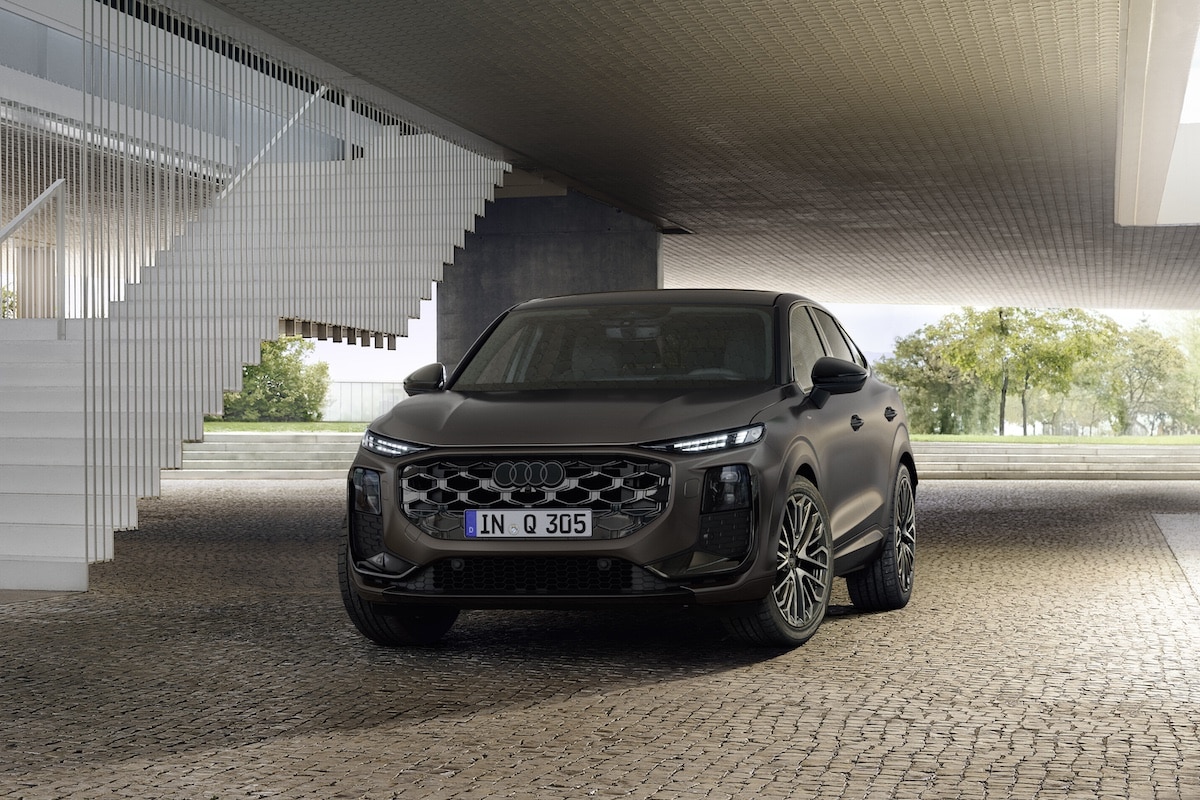Ecological Bonus: Volvo Logical, Hyundai Controversial

Volvo secures the environmental bonus for the EX30 relocated to Belgium, like the Hyundai Inster which is, however, manufactured in Korea.
Good news for Volvo, as its EX30, now produced in Belgium, finally receives the coveted “environmental score” that grants access to the ecological bonus. This validation was anticipated, but not guaranteed for this small electric SUV, which had to contend with a manufacturing history in China and production steps still partially carried out outside Europe. The reform of the score calculation, replacing the notion of “assembly site” with “manufacturing site,” had raised doubts. But the relocation efforts undertaken by the Swedish manufacturer are paying off. Assembled in Ghent, Belgium, the EX30 passes the regulatory barrier and will now benefit from this crucial purchase assistance. This green light could revive sales of the model, which have sharply declined in 2024 (-64% in the first half). It is also a symbol of a European industry that provides advantages for investing in local production, even partially.
You might be interestedin this article:
On the contrary, the case of the Hyundai Inster raises more questions. This small electric crossover, entirely manufactured in South Korea, is also included on the new list of eligible vehicles, published on July 16. Certainly, the Inster is an excellent product from a technical and economic standpoint, but its inclusion in the scheme is problematic. Subsidizing a model produced outside of Europe with public funds weakens the continental industry, which is already struggling against Asian competition. Moreover, only the five-seater version, less relevant given the vehicle’s dimensions, meets the minimal eco score. Such arrangements highlight the absurdity of a system that is sometimes too lenient in its criteria, risking undermining the original goal of the bonus to encourage clean and local mobility.
On the French side, the Citroën ë-C5 Aircross, produced in Rennes, encountered no difficulties in securing the aid. As for the DS N°8, too expensive to qualify for the bonus, its good environmental score at least allows it to benefit from tax advantages for corporate fleets.
The next important deadline will take place on September 30, with the return of social leasing. Again, only vehicles validated by the eco score will be eligible for the scheme.
ALSO READ: The Definitive Ecological Bonuses & Penalties for 2025
This page is translated from the original post "Bonus Écologique : Volvo logique, Hyundai polémique" in French.
We also suggestthese articles:
Also read




